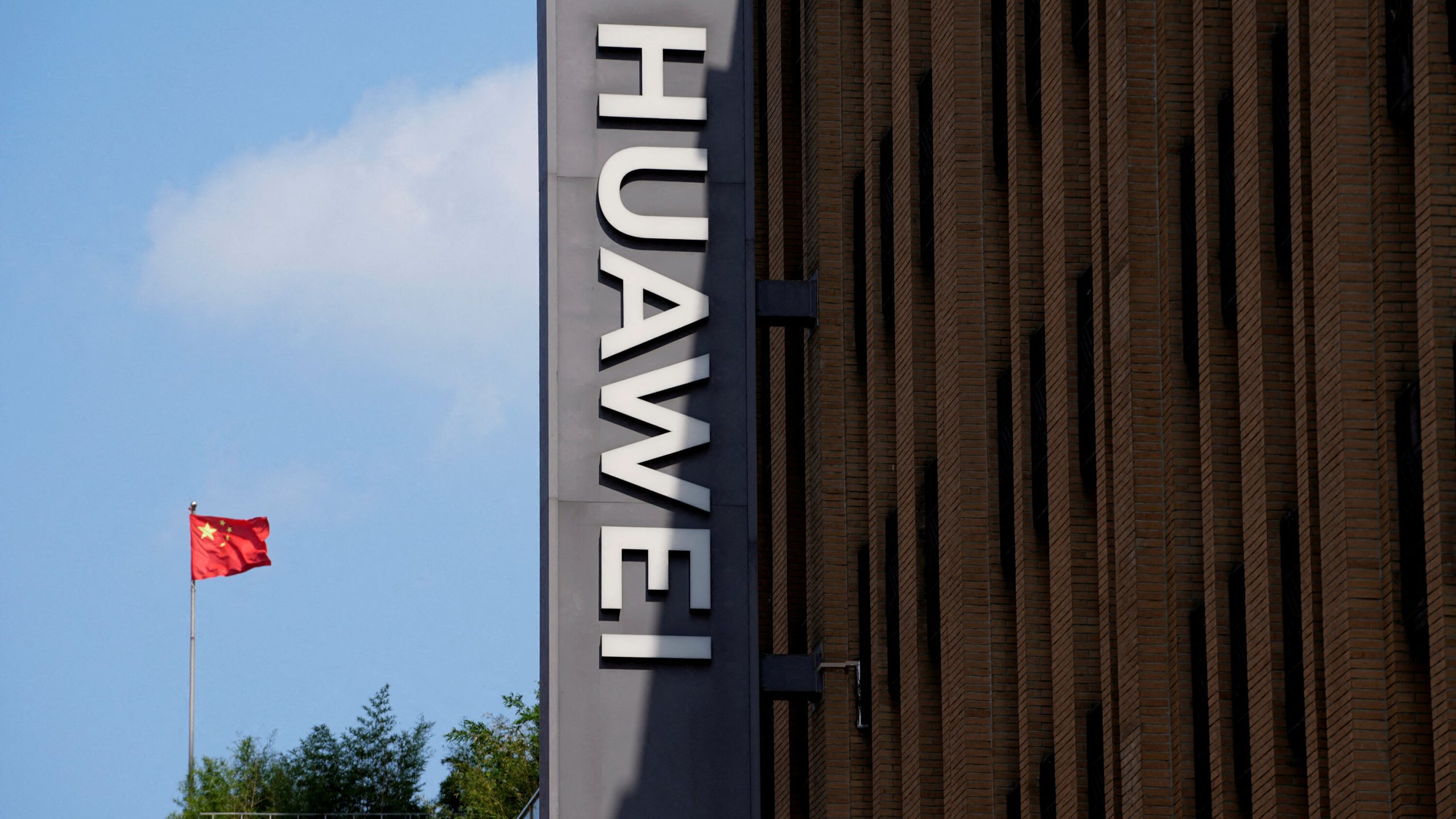April 21, 2025 — Silicon Valley, CA. As U.S. sanctions continue to restrict high-end semiconductor exports to China, leading American chipmakers are expressing growing concern that they are losing critical ground in one of the world’s most lucrative markets — artificial intelligence — to Chinese tech giant Huawei.
Companies like Nvidia, AMD, and Intel are finding themselves increasingly sidelined as China’s AI ecosystem begins adapting to the constraints, with Huawei’s Ascend chip series gaining rapid adoption among domestic cloud providers and AI startups.
“We’re seeing a shift — not just in procurement, but in loyalty,” said an executive at a major U.S. chipmaker, who spoke under condition of anonymity. “The longer these restrictions remain in place, the harder it becomes to re-enter the Chinese AI stack.”
Why This Matters
The Chinese AI market is projected to be worth over $120 billion by 2030, with cloud infrastructure, model training, and edge AI devices leading the surge. Historically, American chips dominated the training phase of machine learning — Nvidia’s GPUs, in particular, have been the gold standard. But with export rules tightening since 2022, Chinese firms are fast-tracking domestic alternatives.
Huawei’s latest chips — including the Ascend 910B — have reportedly matched performance benchmarks of older Nvidia A100 models. That’s more than enough for local developers who prioritize availability over cutting-edge specs, analysts say.
Strategic Implications
This isn’t just about lost revenue. Experts warn the U.S. risks surrendering long-term influence over AI standards and architectures if American hardware disappears from foundational layers of Chinese development.
“The early-stage ecosystem is where habits form — from code libraries to optimization techniques,” said Dr. Lena Harris, a tech policy fellow at Stanford. “If Huawei becomes the default, American firms might lose a generation of AI developers to the other side.”
Pushback and Policy Tensions
Several U.S. companies are quietly lobbying the Commerce Department for targeted exceptions, arguing that certain AI chips pose no military risk and could help retain commercial ties.
But national security concerns remain high. Washington fears that even consumer-grade AI accelerators could eventually support surveillance systems, military applications, or disinformation platforms.
“This is a battle over the AI future,” said a senior government official. “And Huawei is not just a tech company — it’s a strategic arm of the Chinese state.”
What’s Next
Unless U.S. policy recalibrates — or Huawei faces significant technical setbacks — industry insiders expect the divide to deepen. Some are already pivoting their growth strategies toward India, Southeast Asia, and Latin America as alternative AI markets.
Still, many quietly admit: losing China might be a wound that doesn’t heal easily.






